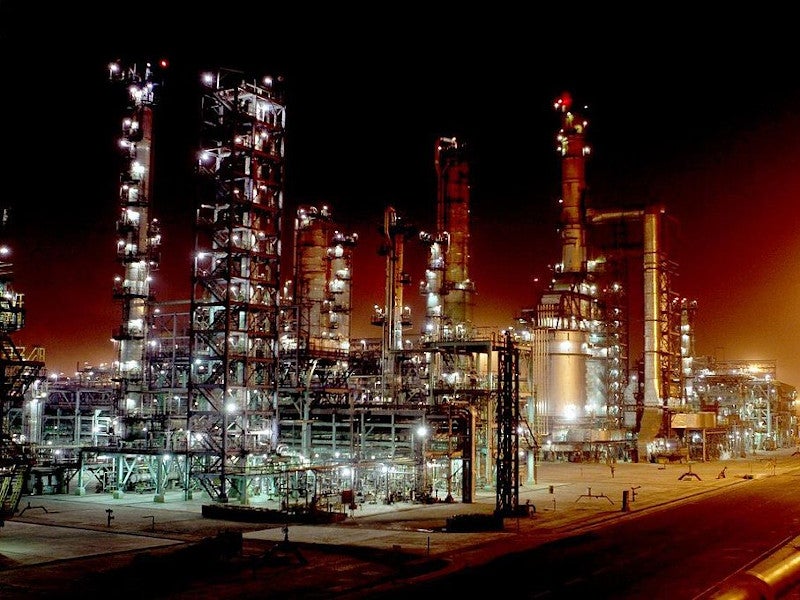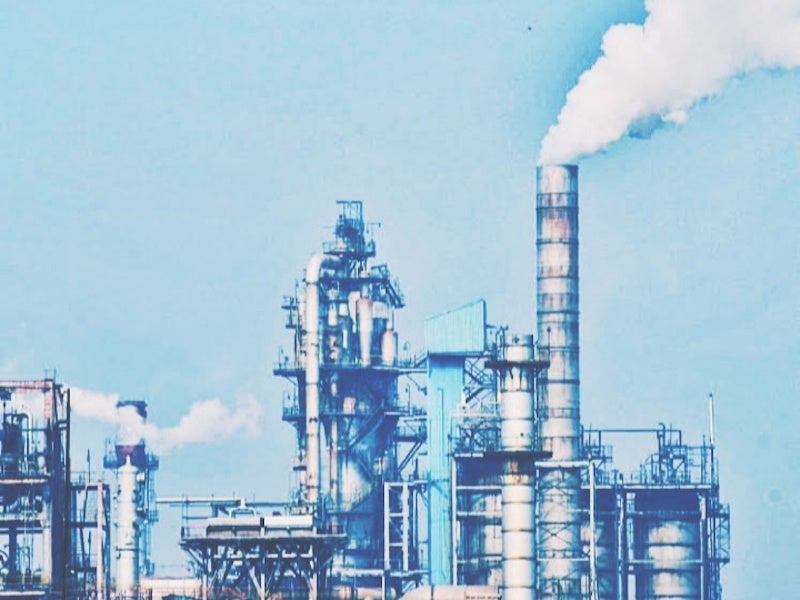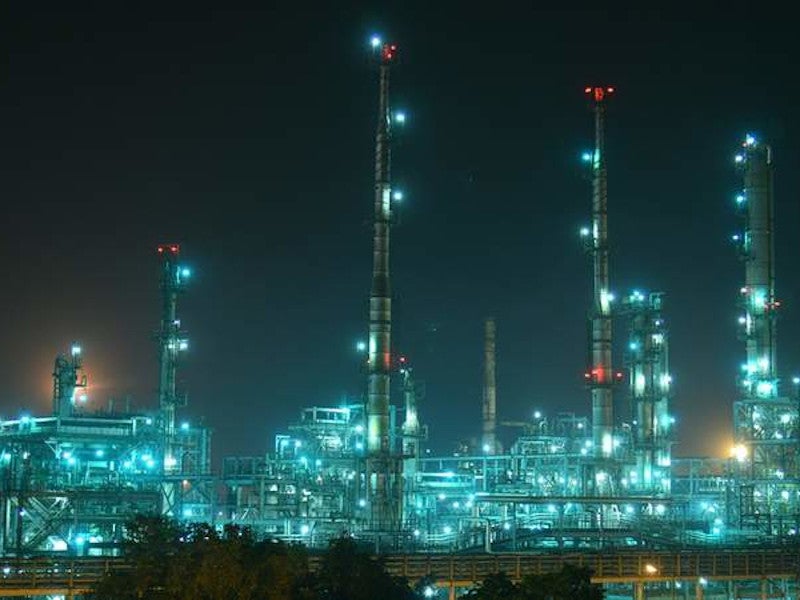The Barauni refinery in Bihar, one of the oldest refineries of India, is being expanded to increase its crude processing capacity from six million tonnes per annum (Mtpa) to 9Mtpa.
Apart from boosting the crude processing capacity by 50%, the expansion project will also enable the refinery to produce fuels meeting India’s Bharat Stage (BS)-VI quality standards.
Owned and operated by Indian Oil Corporation (IOCL), the refinery was built in collaboration with the Soviet Union and was commissioned with an initial capacity of 2Mtpa in 1964. The refinery underwent multiple expansions and upgrades to achieve a crude processing capacity of 6Mtpa in 2002.
IOCL obtained clearance for the current expansion project from India’s Ministry of Environment, Forest and Climate Change (MoEFCC) in 2019 and approved £1.4bn ($1.9bn) investment for the same in January 2020.
The foundation for the Barauni oil refinery expansion was laid in February 2019, and the project is currently slated for commissioning in 2023.
Location and site details
The Barauni oil refinery is situated on a3.59km2-site in the Begusarai district of Bihar, approximately 140km away from Patna.
Existing infrastructure at Barauni oil refinery
The existing crude processing infrastructure at the Barauni refinery comprises three atmospheric and vacuum distillation units (AVUs) of which two have 1.75Mtpa of low sulphur crude processing capacity each, while the third unit is capable of processing 2.5Mtof high sulphur crude a year.
It also includes a naptha splitting unit (NSU), a catalytic reforming unit (CRU), a residual fluid catalytic cracking unit (RFCCU), a sulphur recovery unit (SRU), a hydrogen generation unit along with other associated facilities.
TheBarauni Refinery started receiving un-interrupted crude supply with the commissioning of the Haldia Barauni Crude Pipeline (HBCPL) in 1999.
Barauni refinery expansion details
The refinery expansion project involves the installation of a new 9Mtpa atmospheric-vacuum distillation unit (AVU), the expansion of the existing 210,000tpa naphtha hydrotreating (NHDT) and catalytic reforming combined capacity to 300,000tpa, the expansion of the existing 1.4Mtpa RFCCU to 1.7Mtpa capacity, as well as the expansion of the existing 500,000tpa Coker B unit to 662,000tpa capacity.
The project also includes the installation of two new 80 tonnes per day (tpd) sulphur recovery units, a new 304,000tpa isomerisation unit, a new 1.2Mtpa diesel hydrotreating unit, a new 61,000tpa hydrogen generation unit, a new 1Mtpaonce-through hydrocracking unit, a new 562,000tpa propylene recovery unit, a new 200,000tpa polypropylene (PP) unit, a new 390,000tpa LPG treatment unit, and a new 880,000tpa naphtha splitting unit.
Barauni oil refinery products and bi-products
The Barauni refinery is primarily a diesel producing facility with high-speed diesel (HSD) comprising more than 50 % of its product mix.
The other products produced by the refinery include kerosene, petrol, LPG, naptha, raw petroleum coke (RPC), aviation turbine fuel (ATF) as well as sulphur and bitumen by-products.
Offsite utility requirement for the refinery expansion
The Barauni refinery expansion envisages two intermediate pumping stations and the modification of the existing pumping station for pumping additional 3Mtpa of crude oil through a separate crude pipeline.
It includes installation of a 150TPH boiler along with multi-cyclone separator for control of particulate emissions.
The additional power requirement for the expansion project is estimated to be48MW, which will be sourced from the National Grid.
Contractors involved
Larsen and Toubro (L&T) Hydrocarbon and Engineering bagged the engineering, procurement, construction and commissioning (EPCC) contract for a new 9Mtpa atmospheric and vacuum distillation unit (AVU) at the Barauni refinery in April 2020.
ABB Power Grid was awarded a contract worth £17.4m ($21.5m)to deliver a230/33kV gas-insulated switchgear (GIS) substation for the Barauni oil refinery expansion in the same month.
Toyo Engineering India was contracted to provide project management consultancy (PMC) services for the refinery expansion, while McDermott International was contracted for the license and basic engineering design of a 200,000tpa polypropylene plant in Barauni in December 2018.
Engineers India Limited (EIL) was engaged for front-end engineering design (FEED) services, while Envirotech East was consulted for the environmental impact assessment (EIA) of the Barauni oil refinery expansion project.





